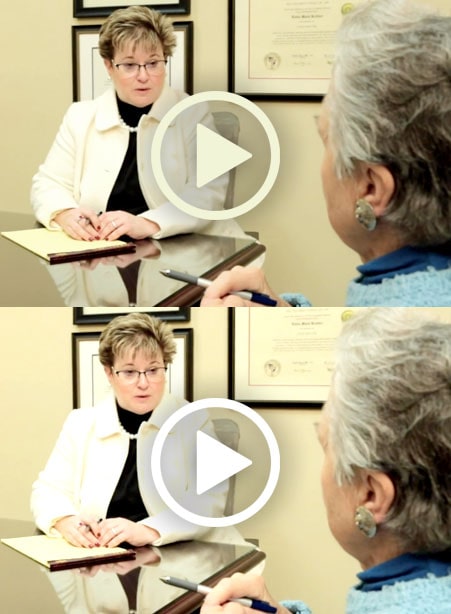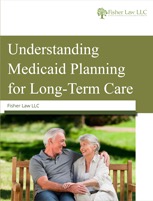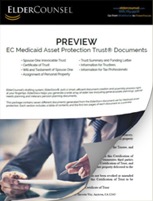Norwood Elder Law Attorney
Elder law is a specialization within estate planning, focusing primarily on the needs of individuals as they age and the needs of their family members as they strive to support their older loved ones. Issues of aging include housing and health care, including care in the home, assisted living, or skilled, long-term (or nursing home) care, as well as guardianships, conservatorships, necessary financial and health care documents, and Medicare and Medicaid (which is known as MassHealth in Massachusetts). Contact our experienced Norwood elder law attorneys today for more information or assistance.
Senior Housing and Long-Term Care Options
The Long Term Care Dilemma
As we live longer, we are confronted by elder law-related issues, whether for ourselves, our parents, siblings, or neighbors. The statistics are that as the nation’s population ages, 70 percent of Americans 65 or more will require long-term care at some point. The AARP reports that those aged 85 or more will most likely need long-term care, with the need of this age group tripling between 2015 and 2050.
These statistics show that the most pressing issue for the elderly is how to pay for long-term skilled or nursing home care, which is not covered by traditional health insurance or Medicare. According to Genworth’s 2018 Cost of Care Survey, the median annual cost of a private room in a nursing home was well over $100,000. For the Greater Norwood area, the annual cost of a nursing home is well above that figure, with the average stay at a nursing home being slightly more than two years.
In order to pay for care, whether it is at home using private home health care providers with the annual costs of a home health aide being more than $50,0001, at an assisted living facility where the annual cost in the Greater Norwood Area can range between $78,000 to $120,000 per year depending upon the type of assistance required, most people end up depleting resources to pay for care and waiting too long to consult an elder law attorney who can help them qualify for certain benefits, such as the VA Aid & Attendance that is useful in the home setting or assisted living facility or MassHealth to pay for skilled care at a nursing home.
Careful planning with an elder law attorney can help protect your assets from being depleted and enable you to provide for a spouse still living in the community or create a legacy for your children and grandchildren. While purchasing long term care insurance has been, and still is, a good hedge against long-term care costs, provided you are eligible to purchase a policy, the private long-term care insurance market has contracted. Consulting with an elder law attorney to discuss long-term care insurance and other pre-planning strategies, such as the use of irrevocable Medicaid asset protection trusts, to pay for long term care is sensible in light of the statistics and increasing cost of care.
Medicare
Clients are frequently confused over the differences between Medicare and Medicaid. Though their names are very similar, the programs are quite different. Medicare is an entitlement program, a federal health insurance program in which most people enroll when they turn 65 years old. There are no financial qualification rules. Medicare has two primary parts: Part A and Part B.
Medicare Part A covers in-hospital care, extended care after a hospital stay, some home health care services, and hospice services. The rules for nursing home coverage are very strict and, in fact, Medicare pays for less than nine percent of nursing home care in this country.
Medicare Resources
MassHealth
Medicaid, is a joint federal-state program, subject to certain federal requirements, each state implements its own regulations on how the program is managed. Medicaid is not an entitlement program like Medicare, but rather a form of welfare. Medicaid eligibility is determined after the proper application is submitted to the state. There are many Medicaid insurance programs available in Massachusetts, from basic medical coverage to nursing home programs.
We assist seniors and their families in making the tough decisions regarding long-term care planning, including whether Medicaid eligibility may be an option.
Senior Housing Options
Helping a parent move to an assisted living facility or skilled nursing facility can seem more intimidating than orchestrating a rocket launch. The death of a spouse, declining health or safety concerns can trigger the need to move. The first phase comes with the realization that what has been home is no longer suitable. Emotional ties to a place are hard to overcome. Finding a new home that is appealing and appropriate is no easy task, and neither is culling through a lifetime’s accumulation of “stuff.”
Here are some tips to help make the transition easier:
- Plan ahead. Don’t wait for a health crisis to start the process. The smoothest transitions occur when the person moving is in the driver’s seat.
- Get a full assessment of the current situation. Physical care needs and financial resources are where to start. Consider the costs of staying in place, including renovation and ongoing maintenance. Add the cost of rising utility bills and taxes, and don’t forget transportation and food. Make a list and decide whether it’s cheaper to stay or move to a community designed for seniors.
- Take a multi-phase approach. Seniors often take longer than a year to actually make the move.
- Fully explore new housing options. Senior living offers a broader range of options than ever before.
If you live in Norwood, Westwood, Dedham, Canton, Walpole or the Greater Norwood area, get in touch with us to go over your long-term care options.
Sources
- Genworth: Compare Long Term Care Costs Across the United States
- MorningStar: 40 Must-Know Statistics About Long-Term Care
- Market Watch (July 19, 2019) “This is how much long-term care could cost you, and don’t expect Medicare to help.”





